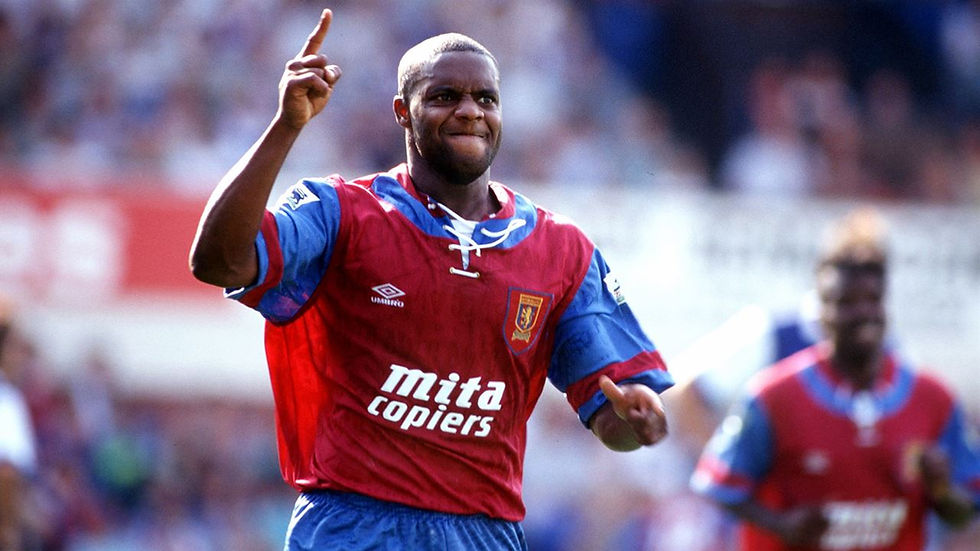Enough is enough: Public support for NHS as ‘fear’ fuels continued strike action
- Alia McDonald

- Jan 20, 2023
- 3 min read
January starts abruptly with more striking, but NHS get overwhelming support from the public.
By Alia McDonald
Strikes in the UK have been a popular occurrence recently, with major areas of the public sector deciding to take strike action, including public transport staff, teachers and most importantly, the NHS. But why?
NHS staff (primarily nurses and ambulance staff) in England and Wales have been taking industrial action into their own hands as concerns about pay and working conditions have not been addressed.
On 23rd January 2023, GMB West Midlands, Unite and UNISON ambulance staff all around the country will go on ambulance strikes, however the time duration has not been confirmed.

A recent press release from UNISON said: “Improved pay is a must, […] and the government has to allow the Agency to negotiate directly with unions and staff to start tackling the recruitment and retention problems caused by long-term pay erosion.”
Nurses say that the current Prime Minister Rishi Sunak has left them with “no choice” but to strike as the staff shortages make care “unsafe”.
With strikes, there are delays. Unfortunately, vulnerable people like 26-year-old Stephanie, who suffered from cancer, have died because of these delays.
Does this mean that the NHS workers are to blame? I wouldn’t say so, instead what we are seeing is a real fear from the NHS and the wider care sector, that lives are being put at risk daily, and NHS staff feel powerless without the resources to provide an appropriate level of care for patients.
We decided to do a survey, asking public opinion on the NHS strikes. We also wanted to explore how much people valued the NHS.
In the survey, 100% of the responses believe that NHS workers are doing the right thing by striking.
One responder said: “The whole system has been underfunded for decades because of Conservative polices, and it’s not fair for people to blame the staff when all they want is fair pay for the work they do, especially considering how difficult of a job it is.”
Another person said: “It’s a good way for voices to be heard and eventually leads to important changes being made.”
100% of the responses believe that both former and current governments are not doing all they can to save the NHS.
One response said:
“Well, the clapping nonsense firstly, a lot of what the government says they do is gestures when it comes to the NHS. The crazy long shifts they have, they don’t even get free parking at their workplace and their wages haven’t increased with the rate of inflation in years. Covid helped show us the cracks that were already there and which the government are hugely responsible for.”
Only 16.7% of people who took part in the survey have a family member that works for the NHS.
Regarding the future of the NHS, responders also shared one commonality: Fear.
“I feel like it won’t be the good NHS anymore, but I hope I’m wrong.” [Anonymous responder]
“There’s a lot of anxiety. I’m fortunate to not have any long term [or] serious issues. That isn’t the case for many of my family members who rely on the NHS. I’m not saying it is perfect, I’ve seen it first hand, doctors and nurses make multiple mistakes and act carelessly. But they do a hard job. And I think many people would be worse without it.” [Anonymous responder]
To find out about more about the strikes, visit this website.
If you or a family member have been affected, get in touch: news@powellandbarnsmedia.com










Comments